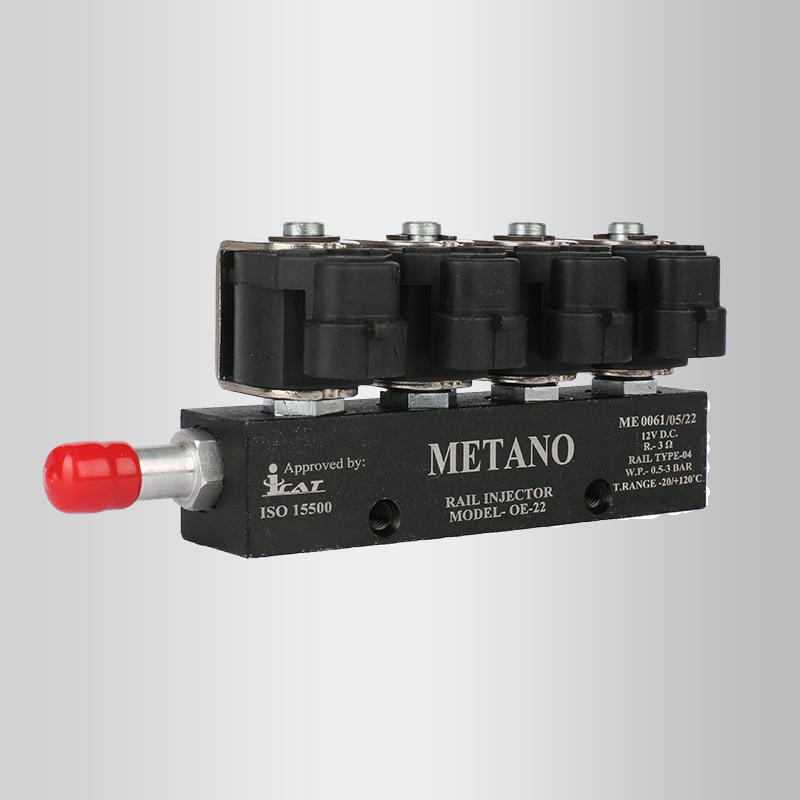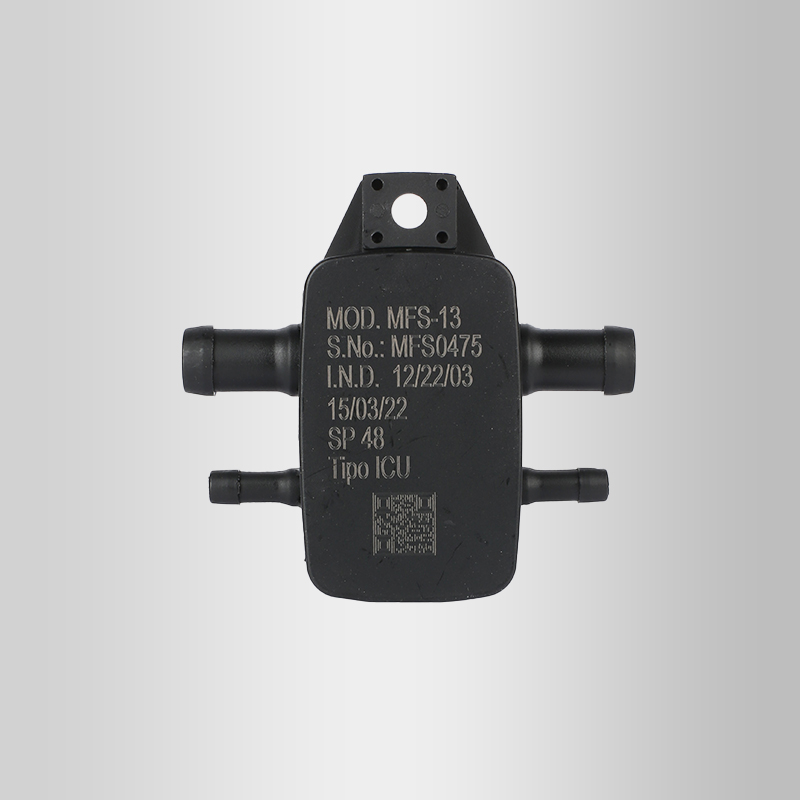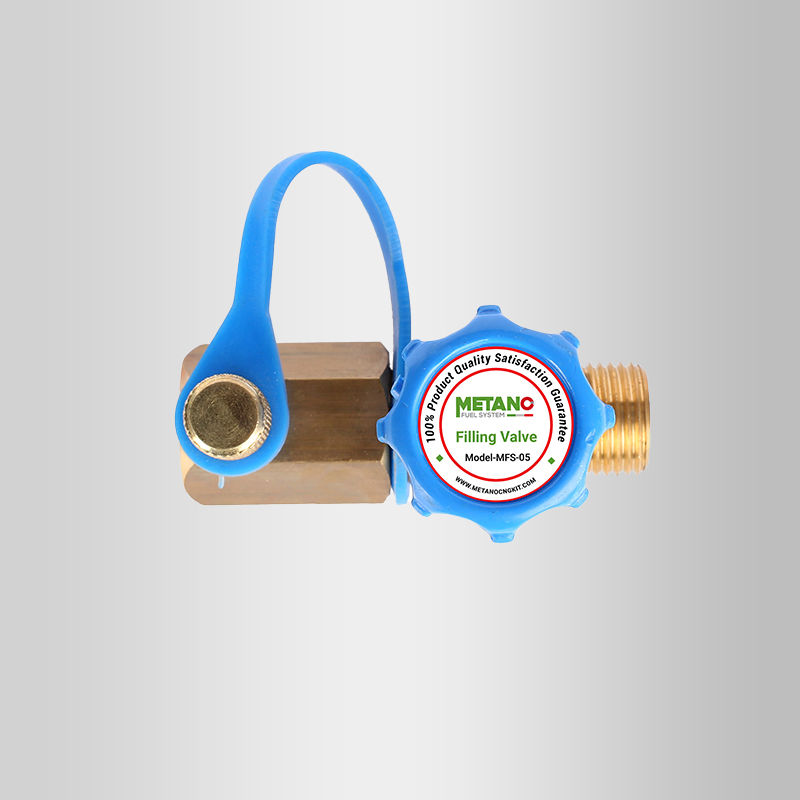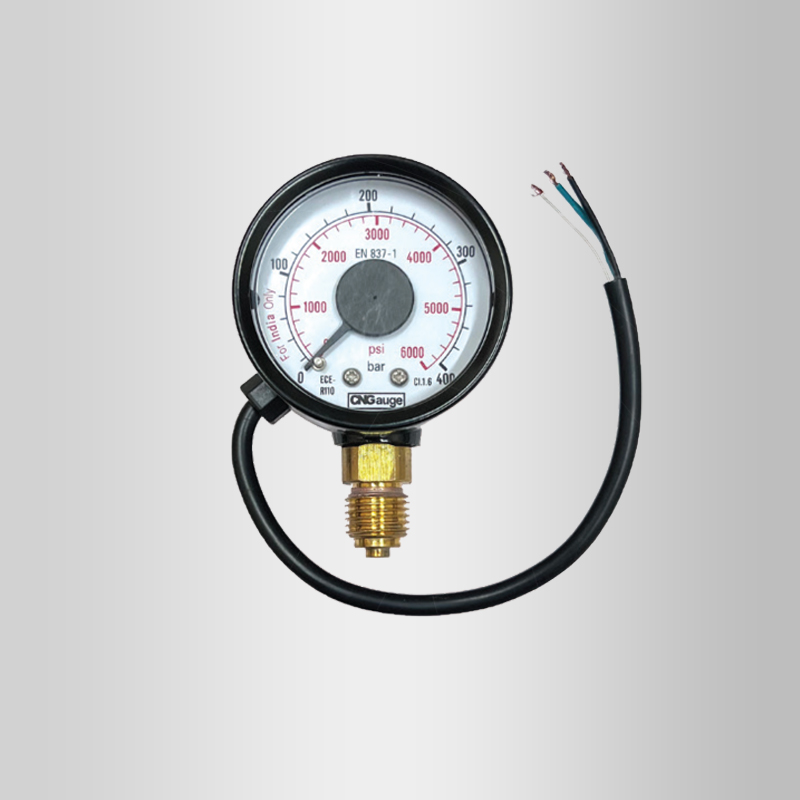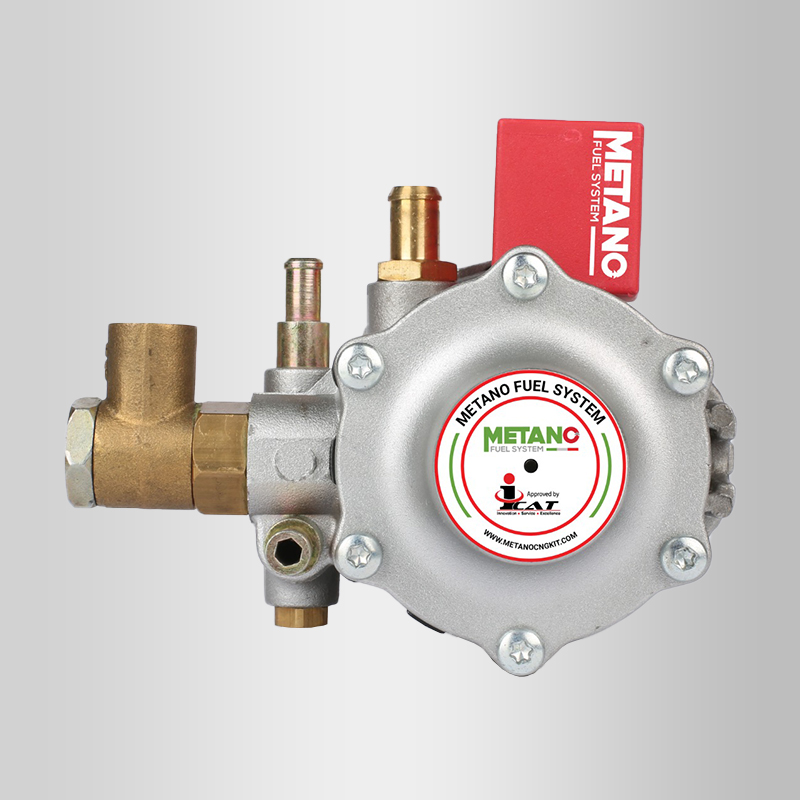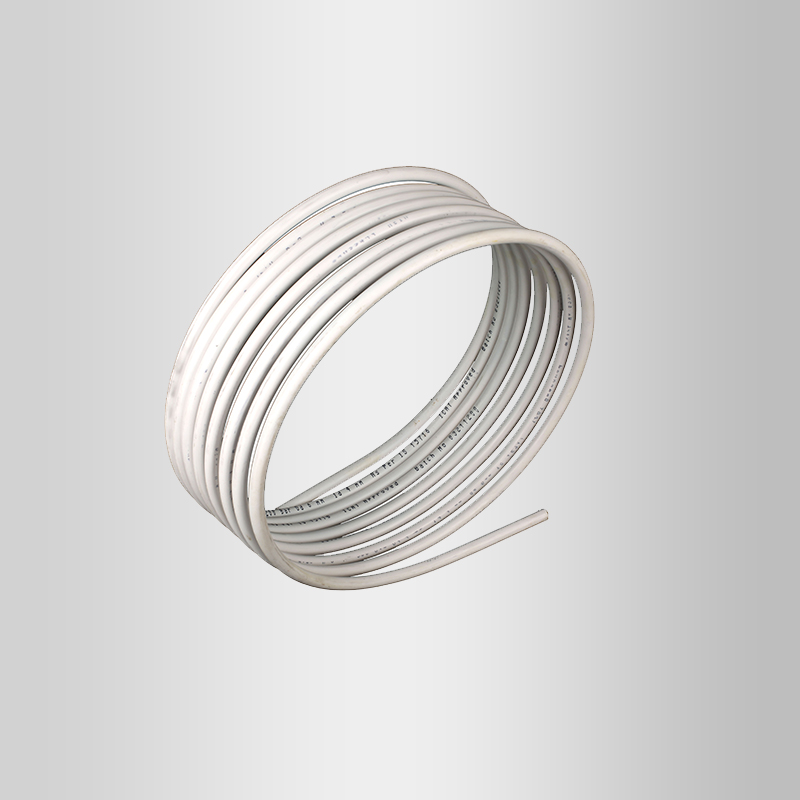
The CNG steel pipe is a vital component in CNG-powered vehicles, serving as the conduit through which compressed natural gas flows from the cylinder to the reducer in the engine compartment. This robust pipe, typically measuring approximately 5.9 meters in length, spans the length of the vehicle, connecting the cylinder compartment, usually located at the rear, to the engine compartment at the front. It plays a crucial role in ensuring the smooth and safe transfer of CNG under high pressure, which is essential for the efficient operation of the vehicle.
Given the critical nature of this component, the quality and reliability of the CNG steel pipe are paramount. High-quality CNG steel pipes are designed to meet the highest safety and performance standards. These pipes are manufactured using high-strength materials capable of withstanding the demanding conditions of high-pressure gas flow and exposure to various environmental factors such as temperature fluctuations, moisture, and road vibrations. To ensure reliability and safety, these CNG steel pipes undergo rigorous testing in diverse environments, simulating real-world conditions to validate their durability and performance.
Furthermore, these CNG steel pipes adhere to the internationally recognized ISO 15500 standard, which governs the safety and performance of components used in gaseous fuel systems. This compliance ensures that the pipes are not only reliable but also meet global benchmarks for quality, safety, and environmental responsibility. By combining exceptional strength, precision engineering, and adherence to international standards, these pipes play a key role in enhancing the safety, efficiency, and reliability of CNG-powered vehicles worldwide.




